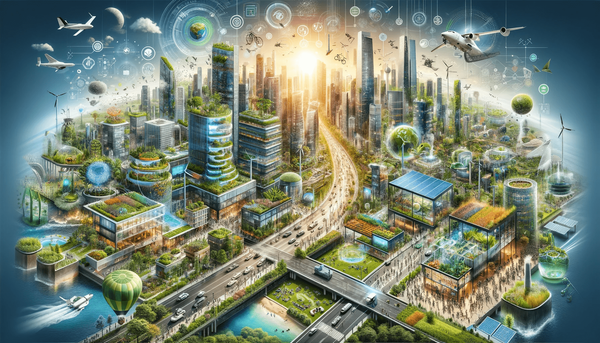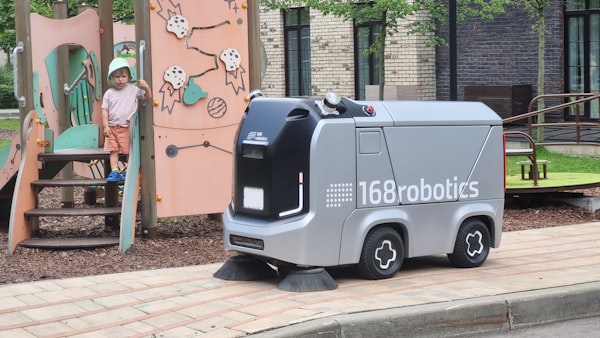Green Technology and Industrial Revolution 4.0 for a Sustainable Future
Exploring the fusion of green technology with Industry 4.0, this paper reviews sustainable innovations and AI's role in smart cities, highlighting the need for balanced green investments.
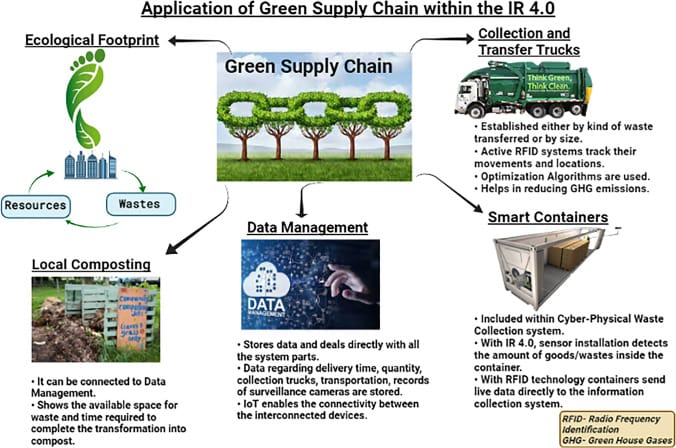
In recent years, the world has witnessed significant advancements in green technology and Industrial Revolution 4.0, which are crucial in achieving sustainable development goals. In this blog post, we will explore the impact of these technologies on various sectors and how they contribute to a more sustainable future.
Green Technology and Sustainable Development
Green technology refers to using environmentally friendly processes and materials that minimize negative environmental impacts. These technologies are essential for achieving sustainable development goals in various sectors, including food production, healthcare, and energy. Some key examples of green technologies include:
- Agriculture: Green technologies in agriculture, such as precision farming and vertical farming, help improve yield, reduce waste, and promote sustainable practices in food production.
- Healthcare: Green technologies in healthcare, like telemedicine and remote monitoring, enable better access to healthcare services while reducing the environmental footprint of healthcare facilities.
- Energy: Green technologies in energy, such as renewable energy sources like solar and wind power, help reduce greenhouse gas emissions and reliance on fossil fuels.
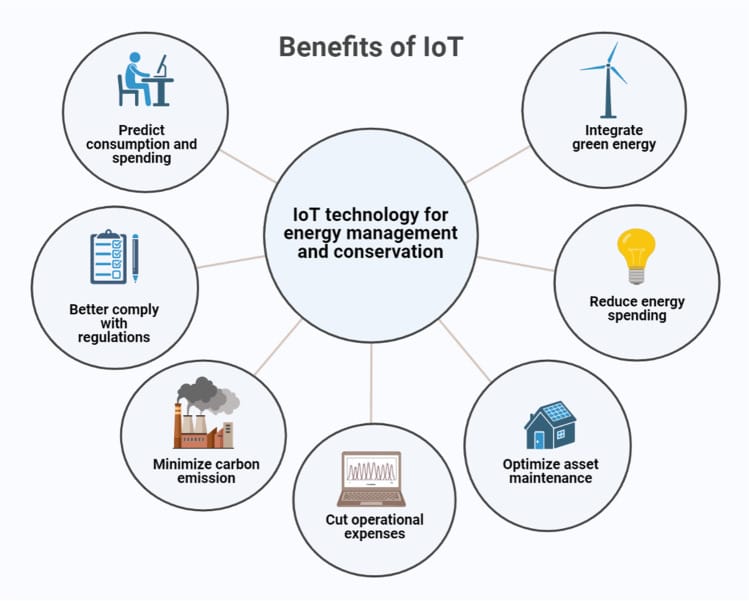
Industrial Revolution 4.0 and Sustainability
Industrial Revolution 4.0, also known as the Fourth Industrial Revolution, refers to the current wave of automation, data, and artificial intelligence (AI) technologies that are transforming industries and economies worldwide. These technologies are playing a significant role in promoting sustainability in various ways, such as:
- Efficiency: AI and data analytics help businesses optimize processes, reduce waste, and improve overall efficiency, contributing to a more sustainable business model.
- Customization: Advanced manufacturing techniques enable the production of customized products tailored to individual needs, reducing the need for mass production and its associated waste.
- Resource management: IoT devices and predictive analytics help companies manage resources more effectively, leading to reduced consumption and environmental impacts.
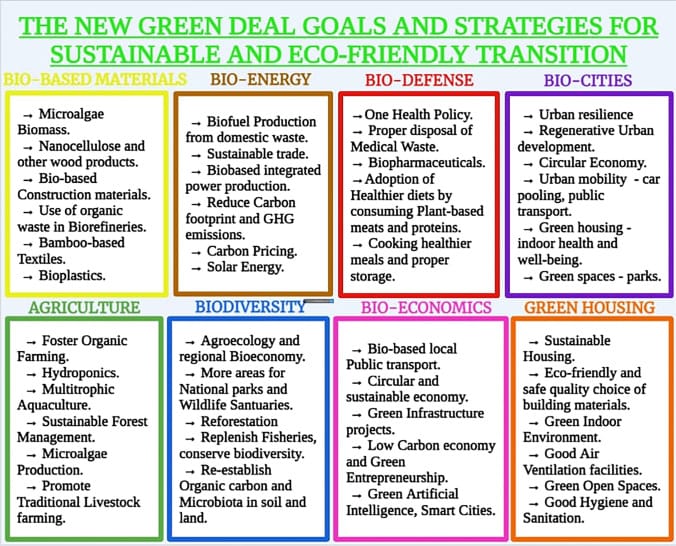
Case Studies of Successful Implementations
Several countries and organizations have successfully implemented green technologies and Industrial Revolution 4.0 technologies to achieve sustainable development goals. For example, a digital transformation of peatland eco-innovations ('Paludiculture') in Indonesia has enabled a paradigm shift towards real-time sustainable production of 'green-friendly' products and services[1]. Engineering a more sustainable world through catalysis and green chemistry has also led to significant advancements in environmentally friendly materials and processes[1].
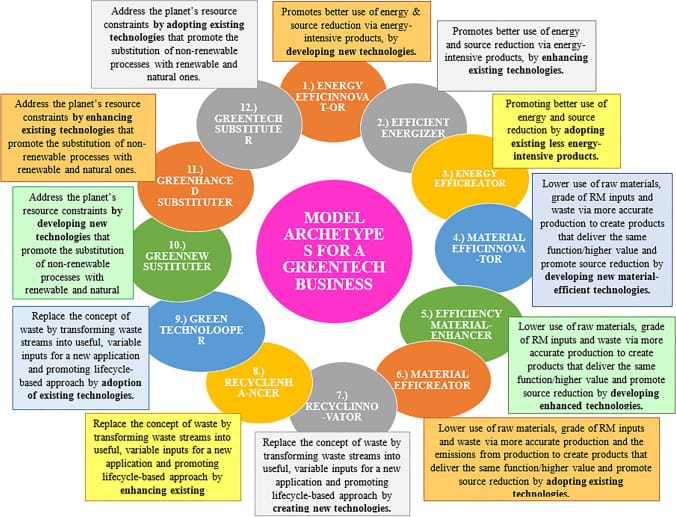
Conclusion
Green technology and Industrial Revolution 4.0 are essential components of a sustainable future. By harnessing the power of these technologies, we can achieve sustainable development goals in various sectors, contributing to a more environmentally friendly and equitable world for generations to come. As we continue to innovate and adopt these technologies, it is crucial to remember that every small step counts in creating a more sustainable future.
Citations:
[1] https://europepmc.org/article/pmc/pmc8994424#:~:text=Abstract Figures Free full tex

